
Making a dent in the tech universe
Making a dent in the tech universe
The Myth of Icarus and the Modern Dilemma of AI-Augmented Coding
Once upon a time—well, in a land of myth and melodrama—a young chap named Icarus got the ultimate upgrade: wings. Handcrafted by his ever-wise (and occasionally overly ambitious) father, Daedalus, these wings were a marvel of ancient engineering, crafted from feathers and wax. Icarus, thrilled by his newfound ability to defy gravity, soared into the sky with the enthusiasm of a kid on a sugar rush.

Sustainability in IT business. What you can do to decarbonise
Most of us are onboard with the fact that humans have been overconsuming the earth's resources at an unsustainable rate. Action from a global, government, and local government level is still unsatisfactory. Everyone needs to start doing their bit, and hopefully each little bit adds up and makes a big difference.
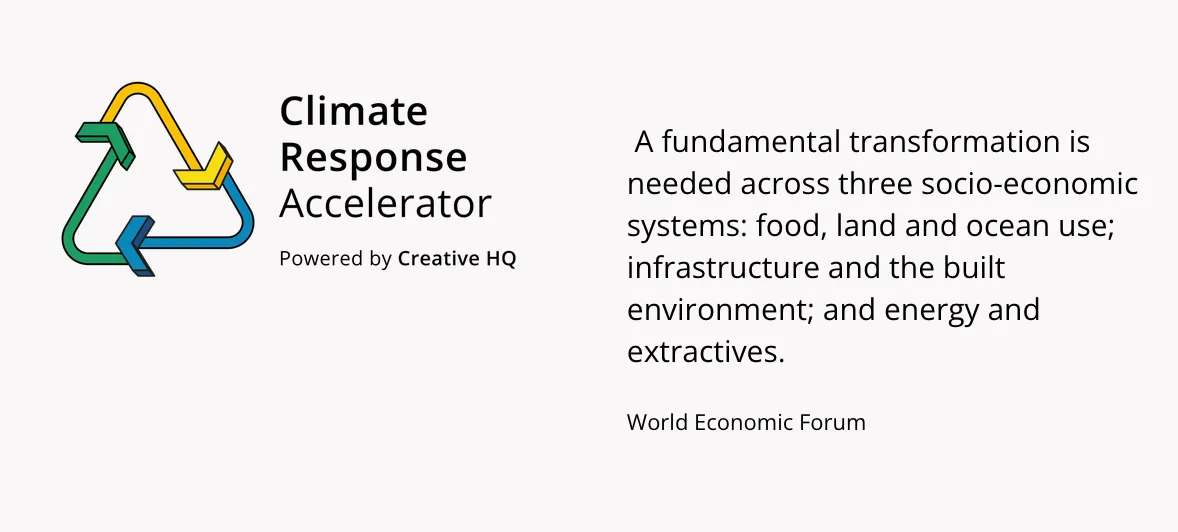
Partnering to solve Earth’s urgent challenges
We all love the satisfaction that comes with solving a problem – especially when it’s a gnarly one. So when we heard about Creative HQ’s Climate Response Accelerator, we couldn’t resist getting involved. Together, we’re helping some of the smartest people in New Zealand to solve some of the biggest climate-related challenges facing our planet.
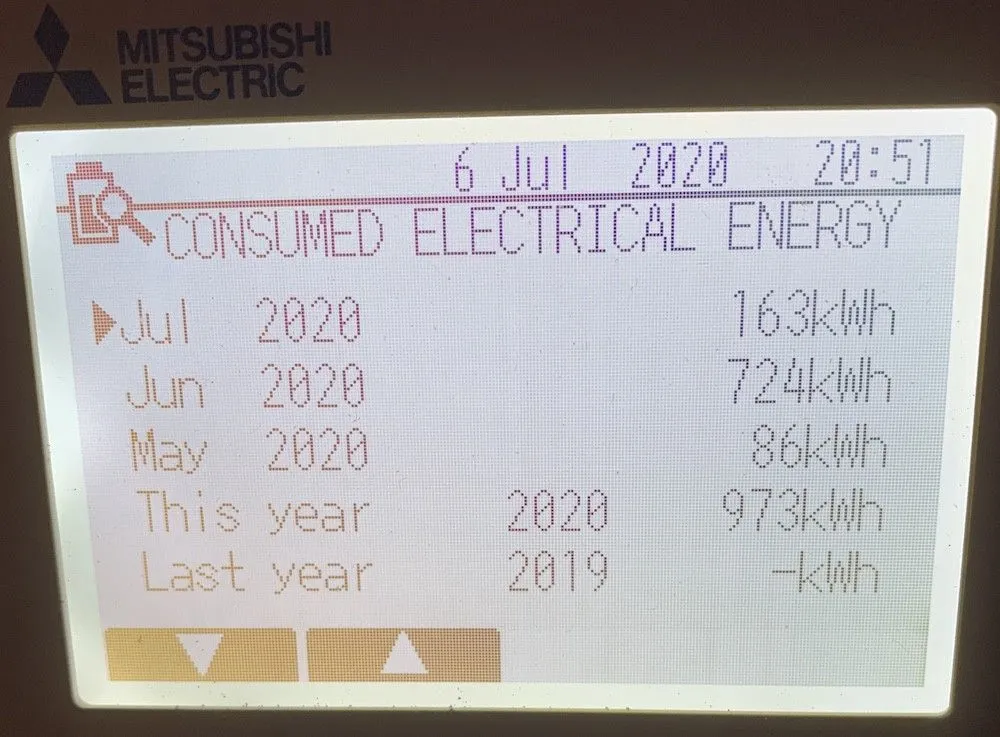
Lowering carbon emissions
Nigel’s household is on a mission to lower their carbon emissions. They’ve changed their central heating. It’s been a full month now — check out the numbers.
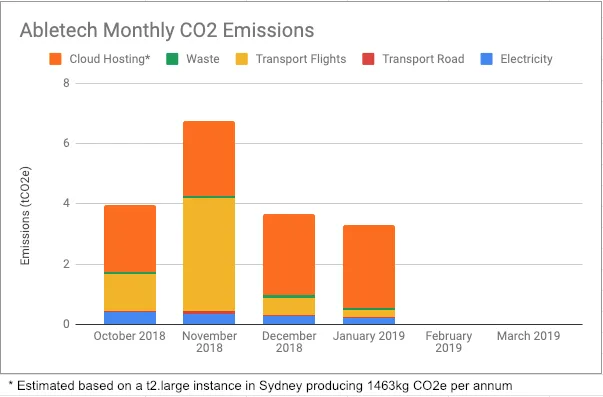
Sustainable future
At Abletech we have embarked on the process of seeking advice and following recommendations. Read about some of our efforts below.
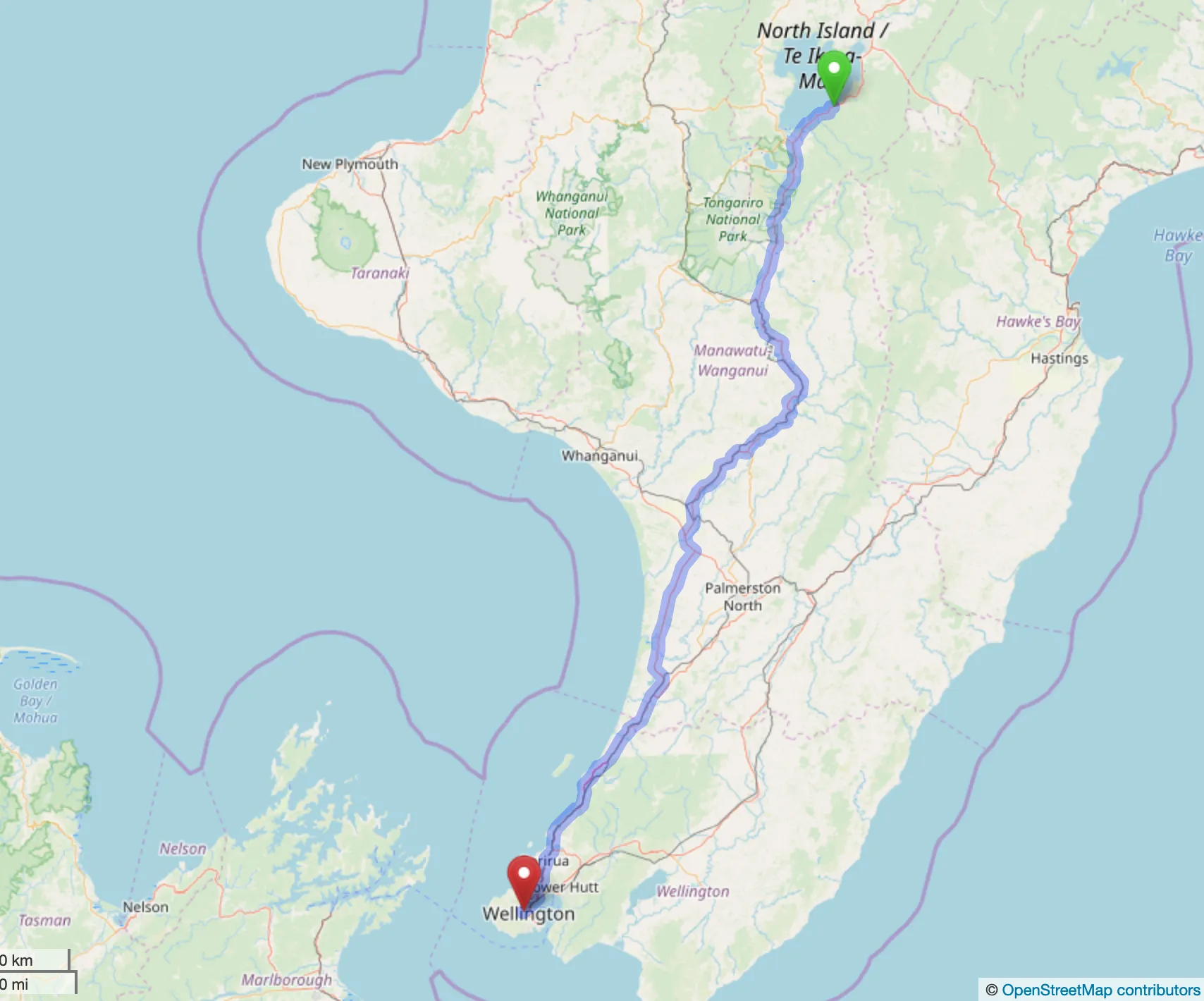
Driving from Taupo to Wellington in an EV
Today, we have returned from a lovely summer holiday near Taupō. The driving distance was 342 km, with an expected driving time of 4:40.
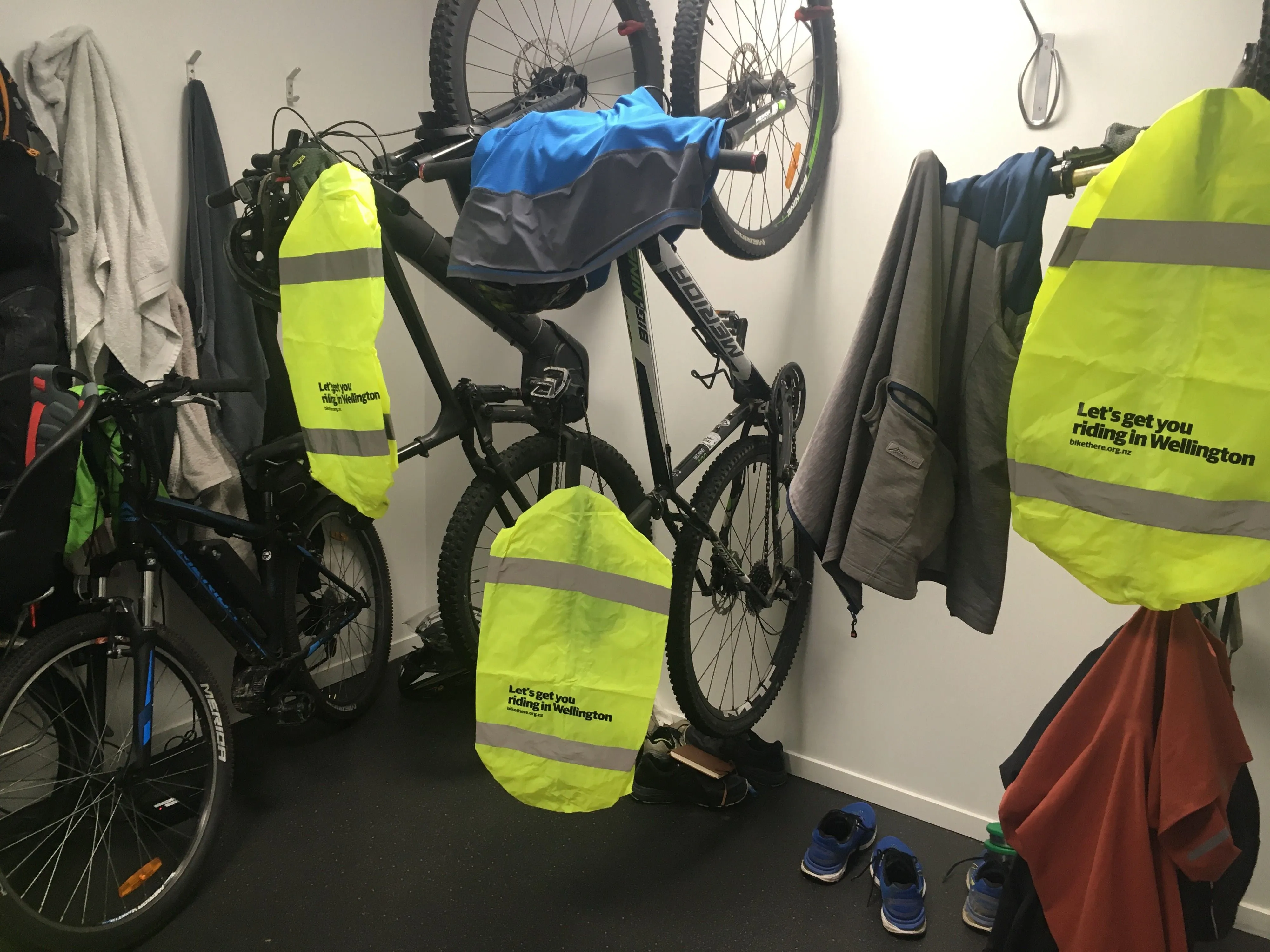
Cycle commuting
Biking to work is increasingly popular with our developers. Electric bikes reduce the barrier of Wellington hills.
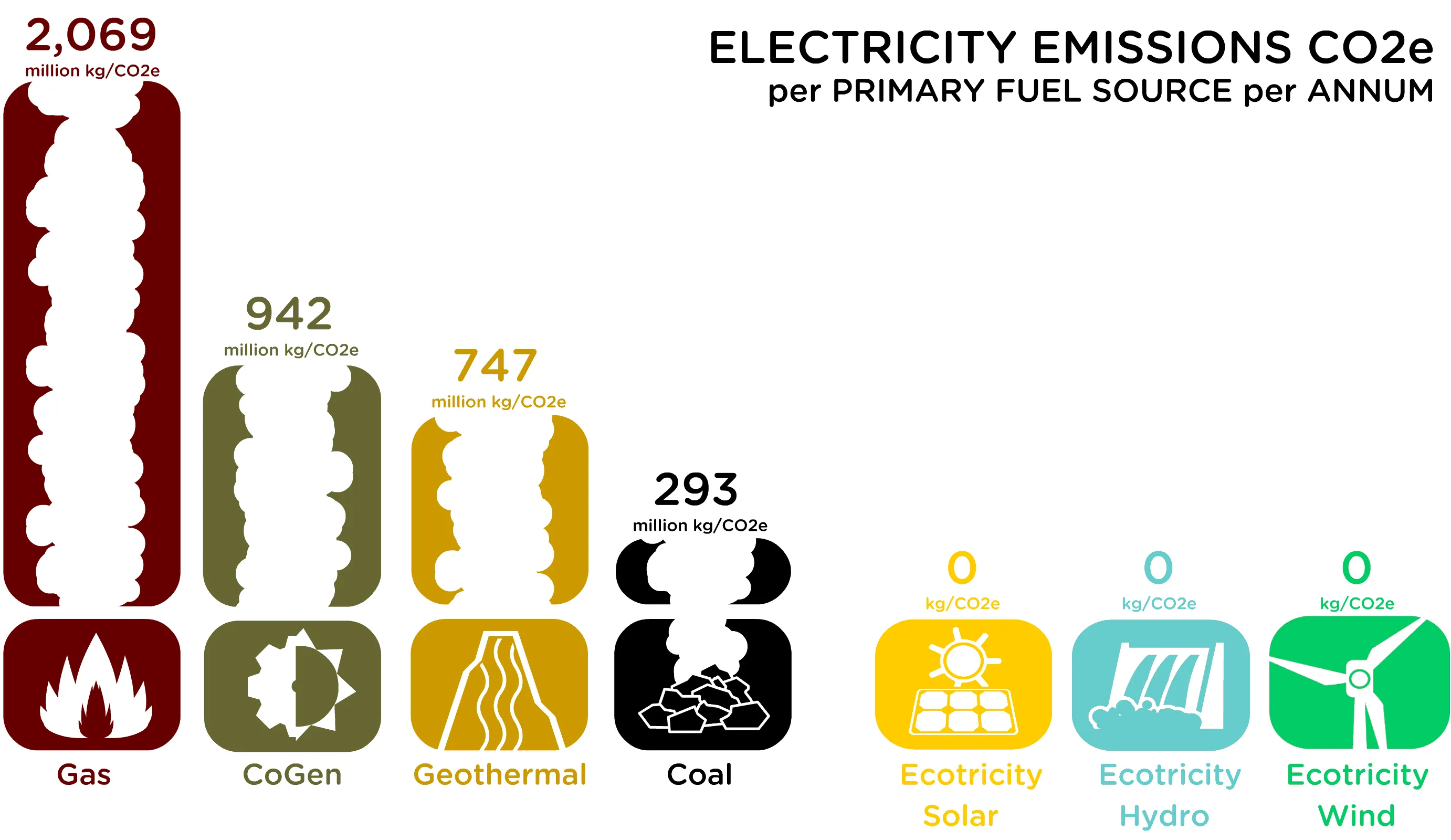
Carbon Zero electricity
We’re proud to be using renewable and carboNZero certified electricity, supplied by Ecotricity, at our Abletech headquarters.
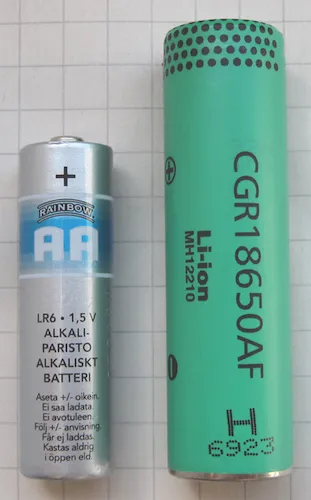
EV Q&A: Sounds eco-friendly in that it doesn’t use fossil fuel, but what about the batteries?
Cars are not eco-friendly. Both fossil-fuel and electric powered vehicles require large amounts of energy to mine and process the raw materials. The by-products of the mining and manufacturing process are localised pollution (smog, chemicals) and global pollution (carbon emissions).
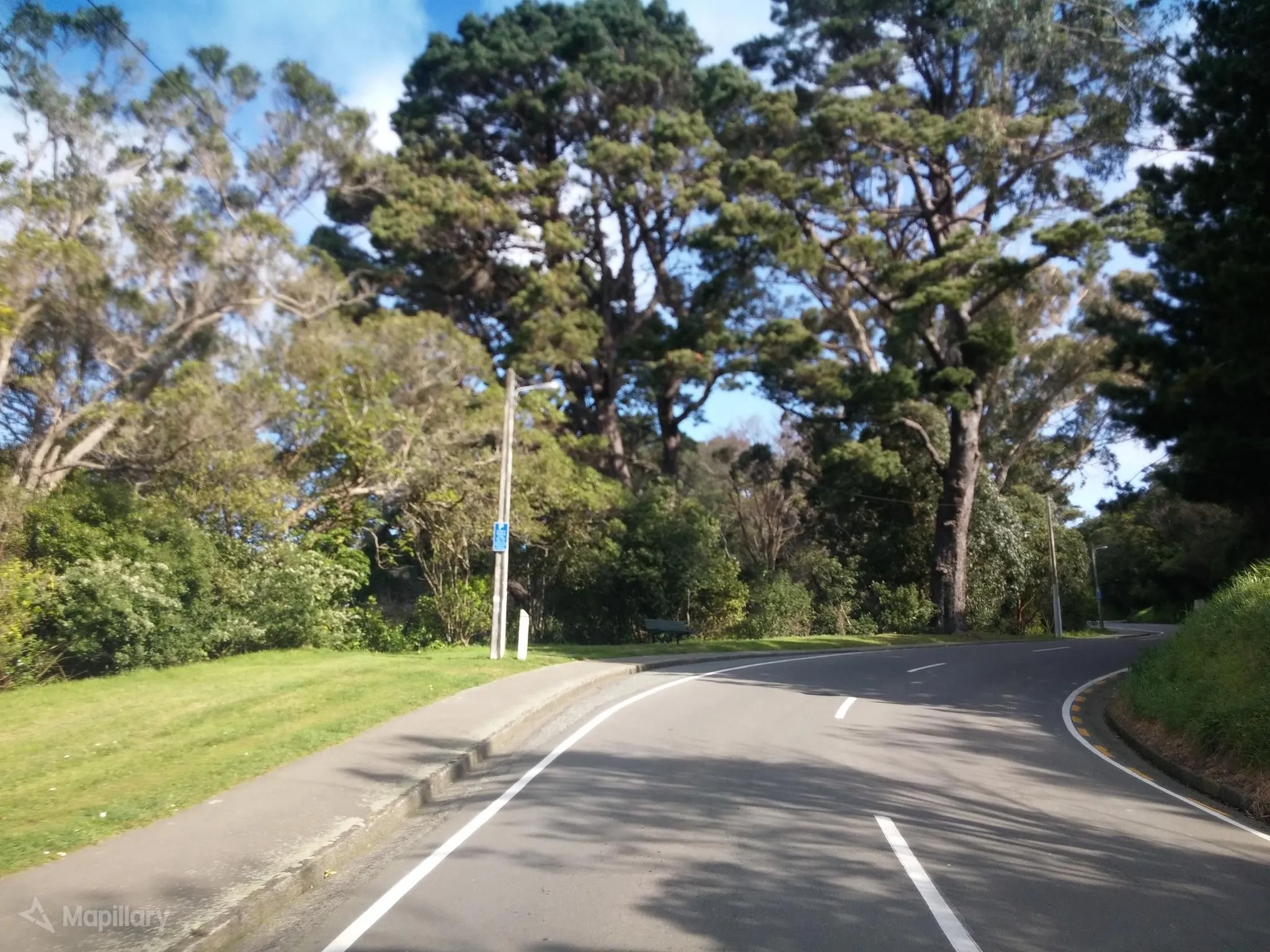
EV Q&A: Is it gutless on the hills?
We were asked: are electric cars able to travel up hills at a reasonable pace, or are they really slow when hard work is required?
: Total ownership rates](/img/1AKRHBH1Y1-798.webp)
EV Q&A — Is this EV thing just a fad or is it here to stay? Got evidence?
There’s a trend of transitioning from petrol and diesel vehicles, to vehicles powered by electricity. In this post, I’ll report on the growth rates of EV sales in NZ and similar overseas markets.
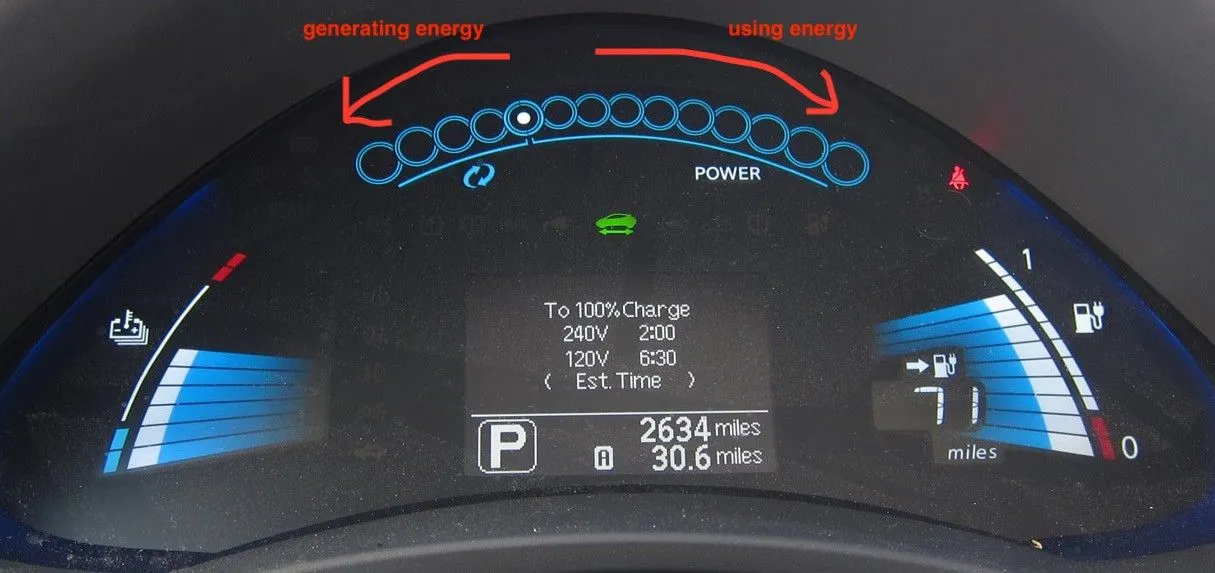
EV Q&A — If I go up a hill, do I gain power when I go down?
The car’s motor will slow down the car when you take you foot off the accelerator, and the byproduct is electricity which flows back into the battery. Technically termed Regenerative Braking, or Regen, this happens automatically (and silently) while you drive. It’s not something you think about.
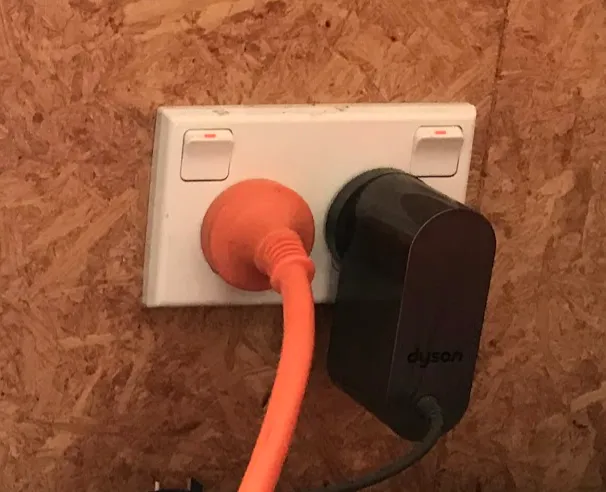
EV Q&A —Charging: do you need a special plug at home?
Most people with electric cars (EVs) normally need to charge up the battery every 2 or 3 days. If you have a newer car with a larger battery, you might go a week without charging. If you drive longer distances in an older EV, you might need to charge daily.
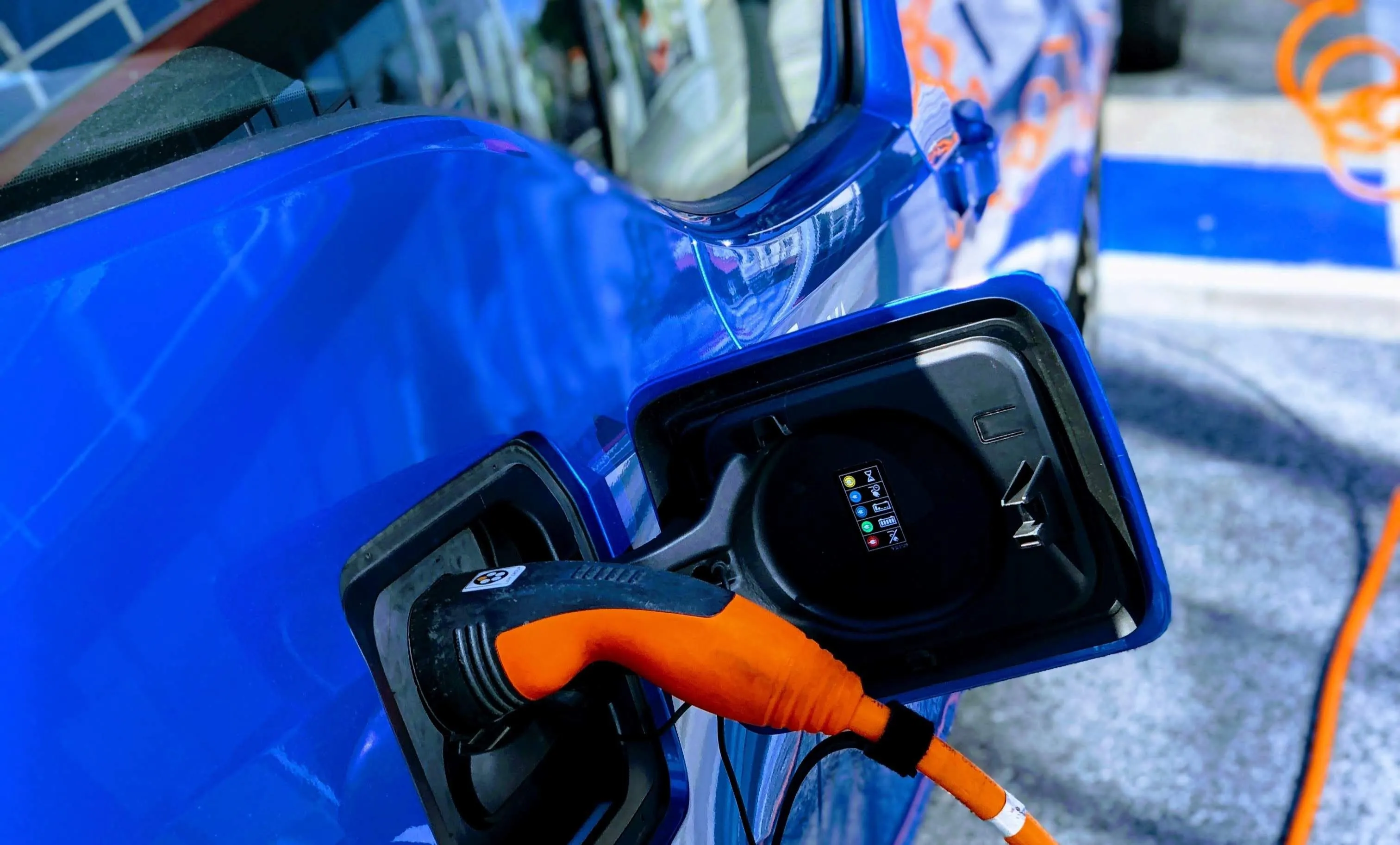
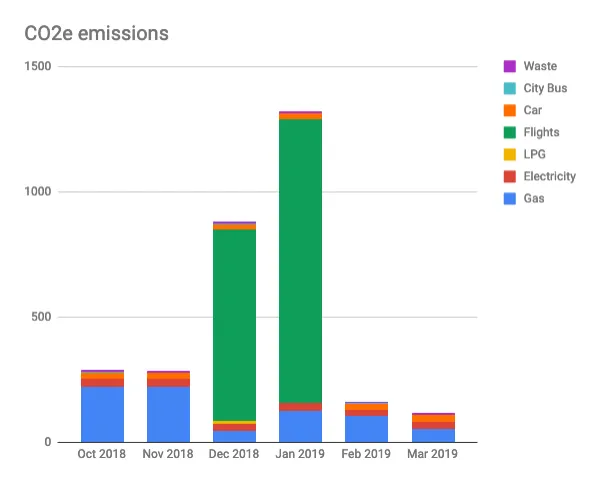
Recording our carbon footprint at home
Last year I started recording our emissions, and we now have 6 months of data that is worth sharing.
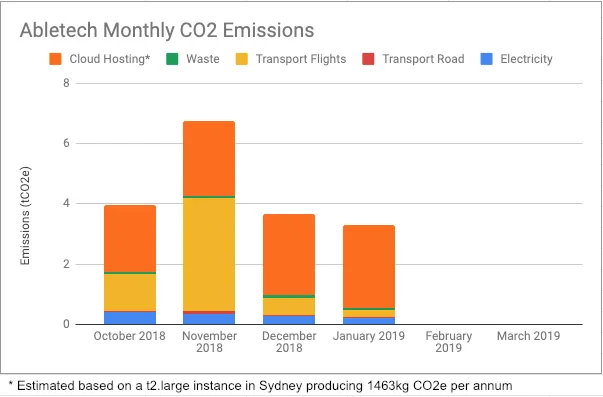
Abletech and CO2 emissions — growing our understanding
One area we omitted from our first attempt is the contribution that comes from Cloud Hosting, the majority of which, for Abletech, is on AWS in Sydney.
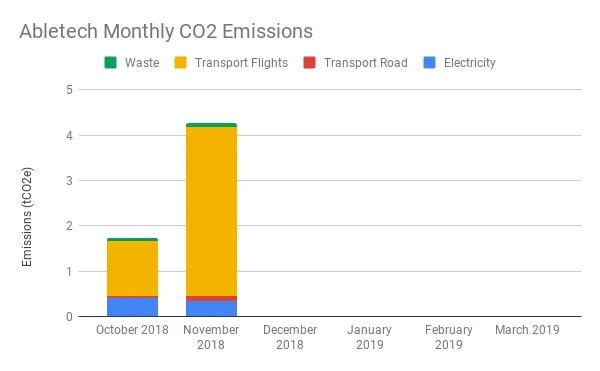
Abletech and CO2 Emissions
Where do you start? The New Zealand Sustainable Business Network has lots of great advice. It has published a very good paper on how to calculate your carbon emissions. Following their advice and using the recommended ACE Carbon Calculator, which is an independently developed New Zealand specific tool, NZ is now starting to understand our companies’ contributions to CO2 emissions.

Please don’t wait for the Politicians
Instead, each person, each family, each company needs to take the initiative instead. We need to reduce, and then finally stop consuming carbon altogether.
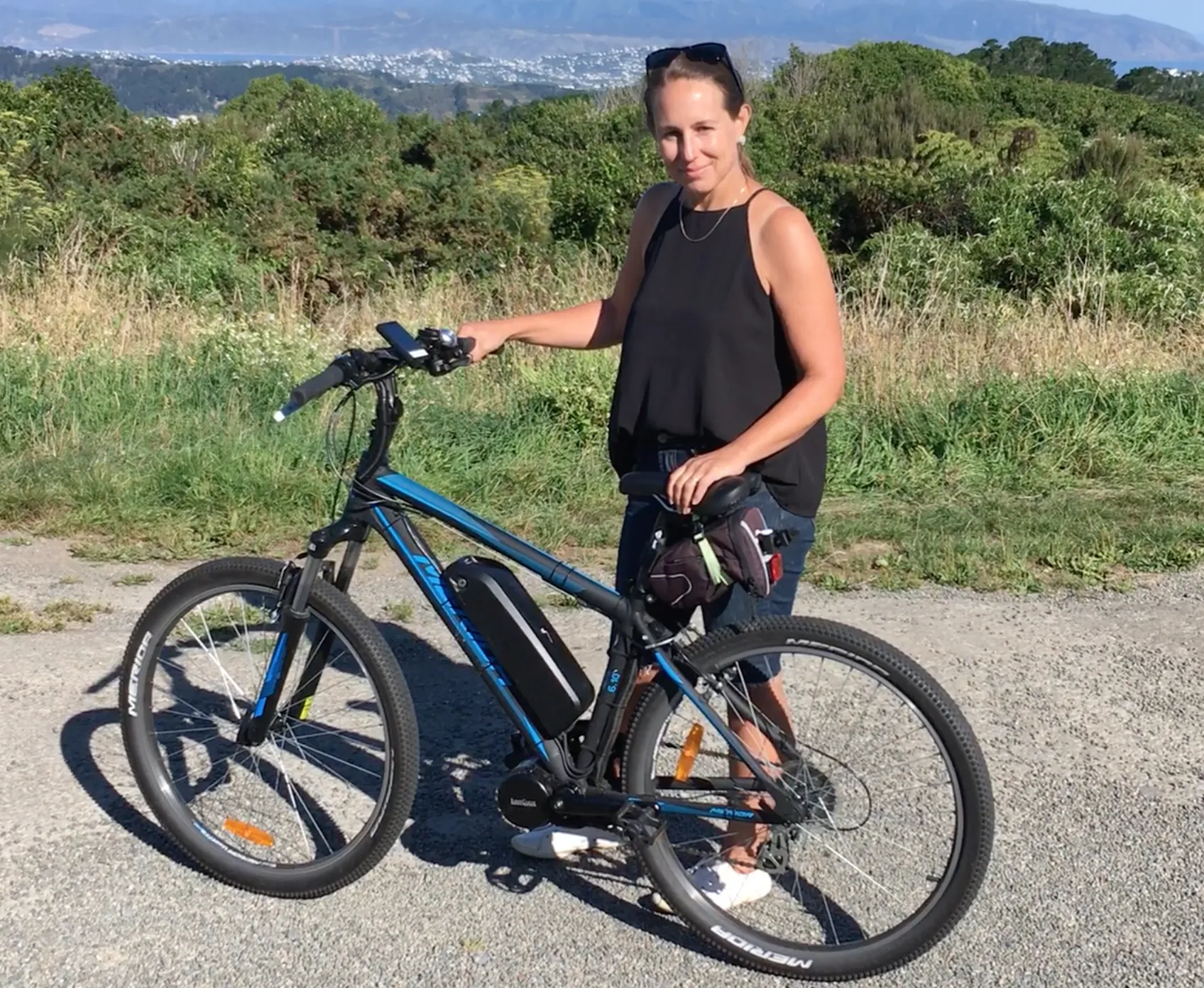


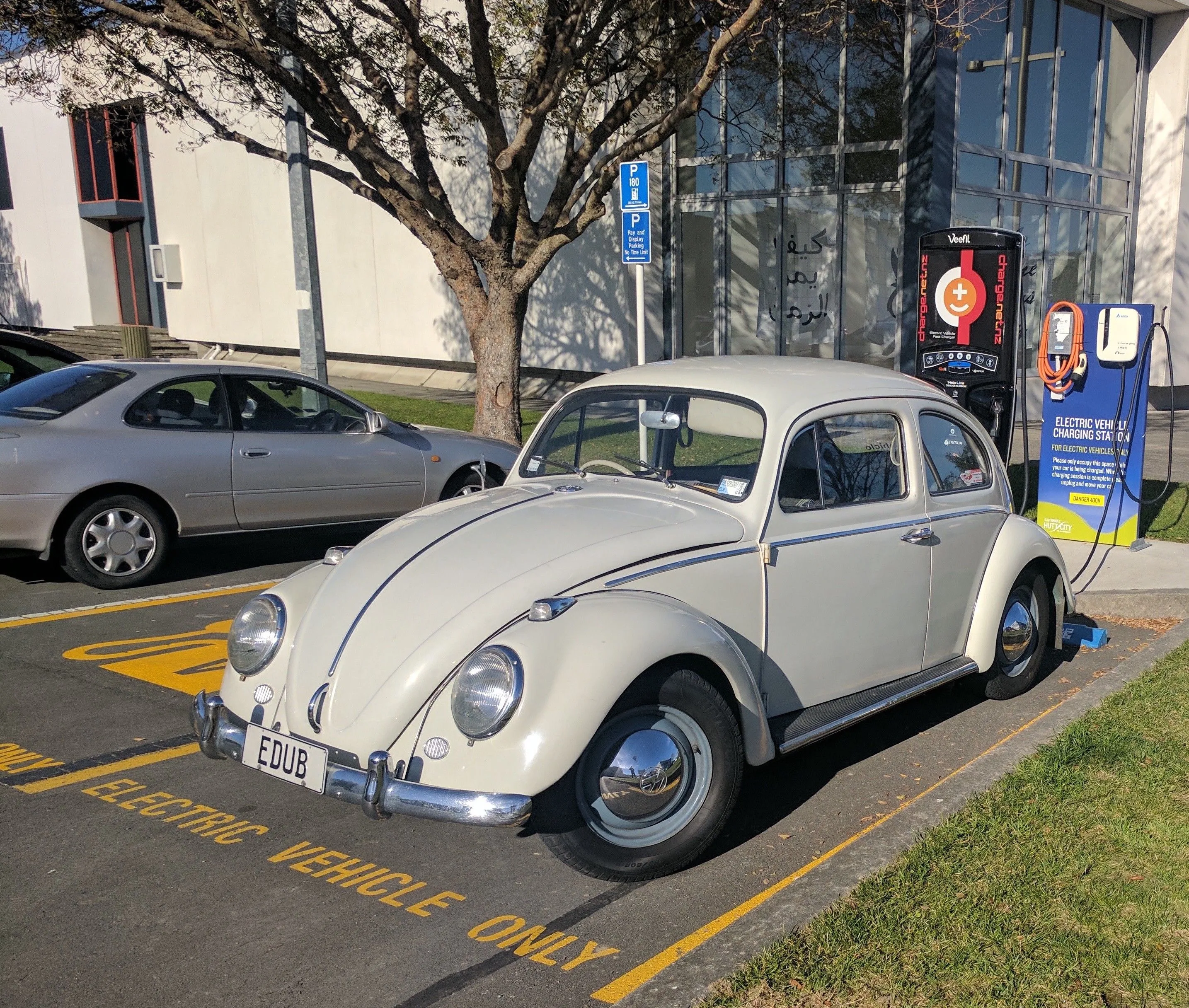
eTrixie — A DIY EV in the Real World
On average with real world driving I’m getting about 120kms range on a charge.
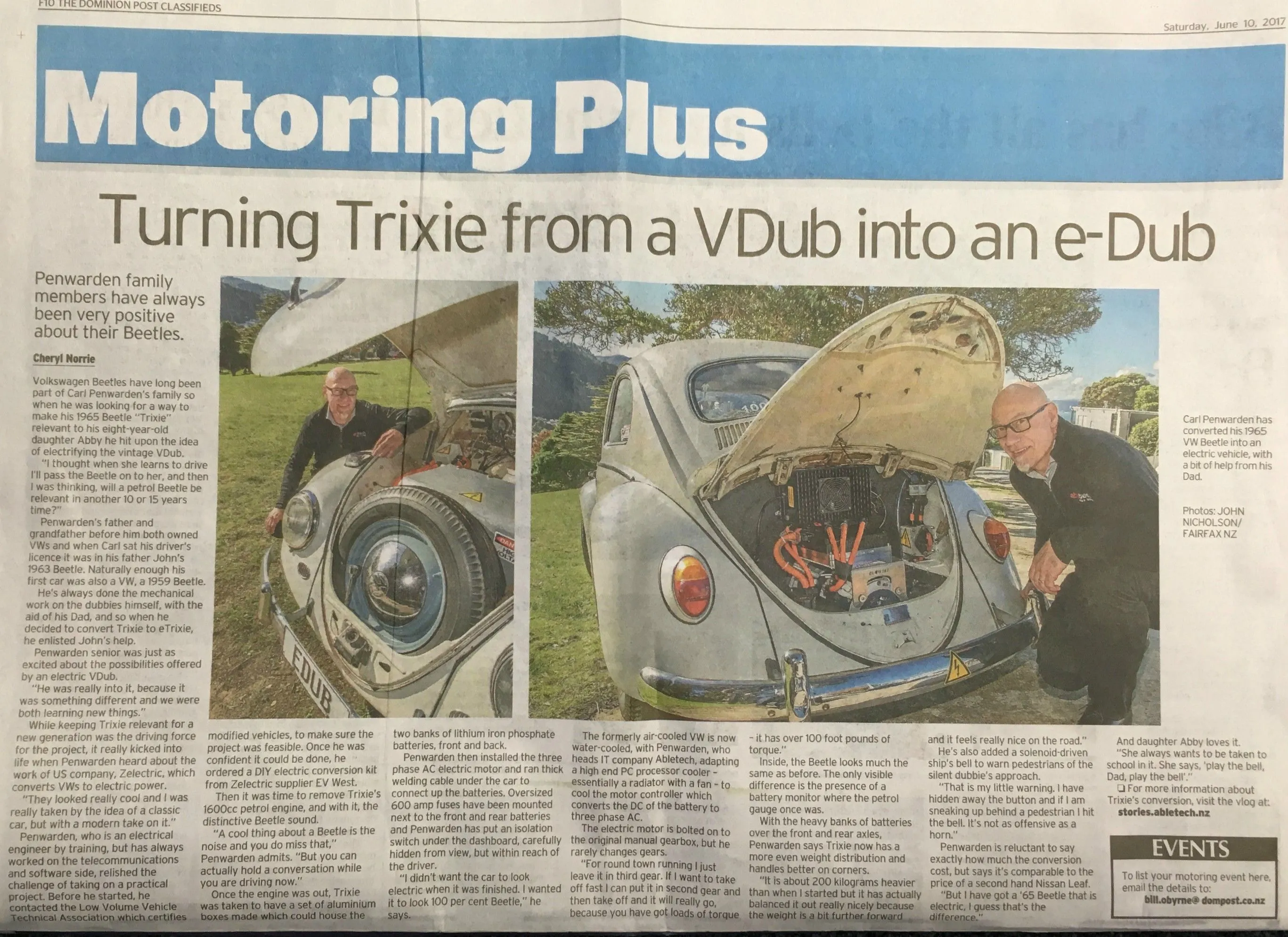
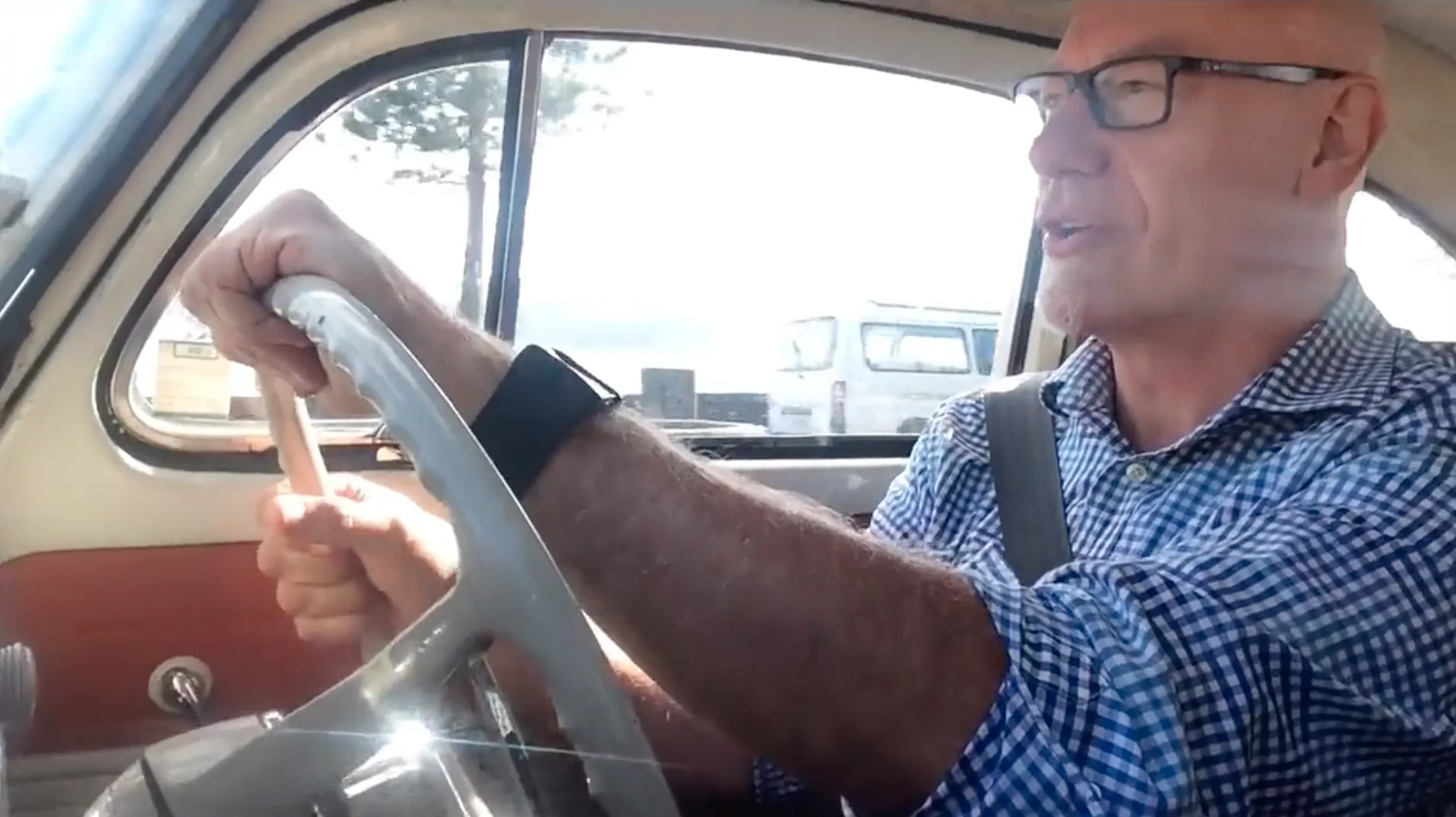
eTrixie — Vlog
We’ve made a vlog for this final instalment so you can see eTrixie in action. It is a little sad that the work is over, but that said it is also great to be finished because every time I get behind the wheel it brings a huge smile to my face!
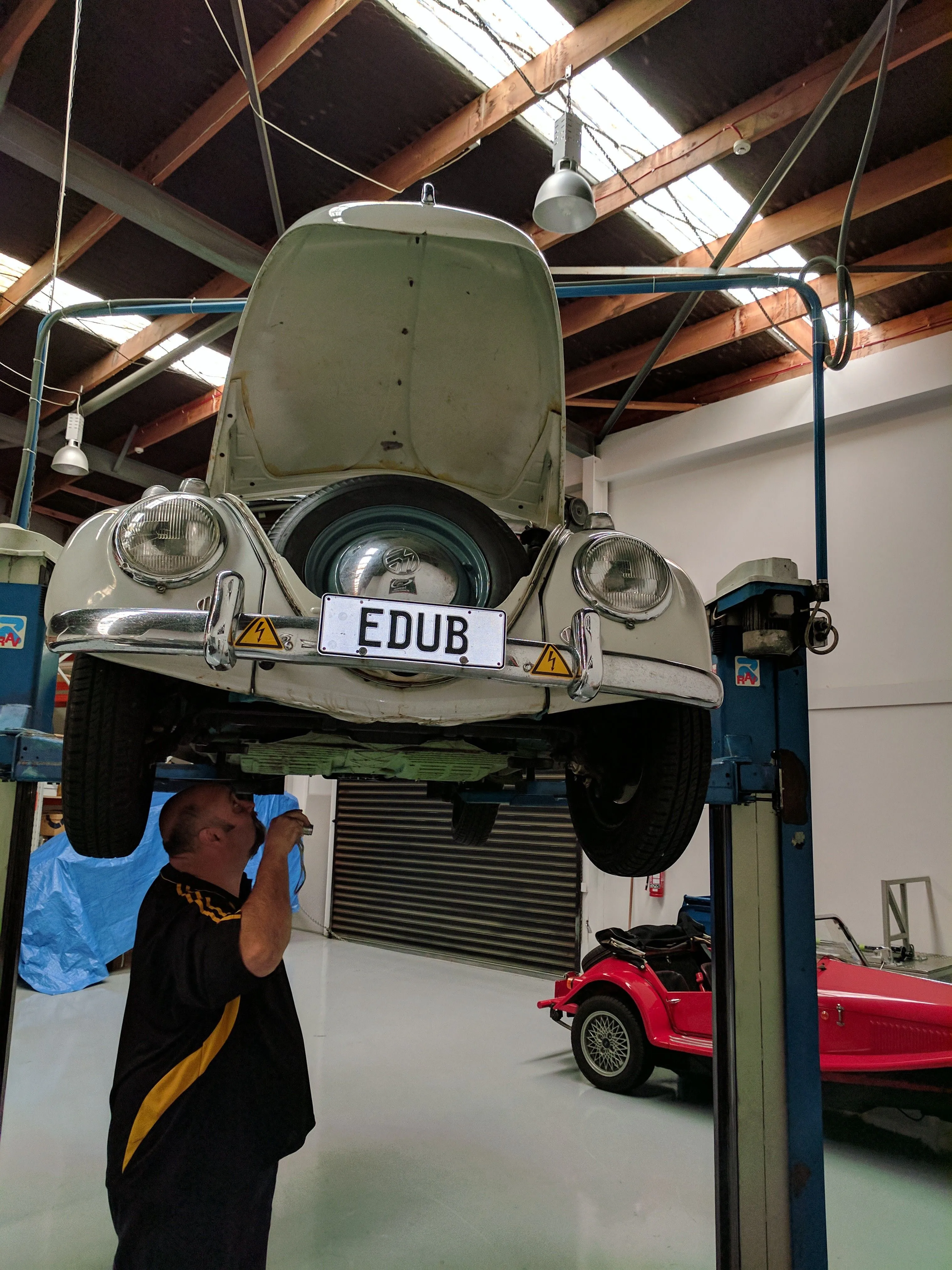

Sustainability in IT business. What you can do to decarbonise
Most of us are onboard with the fact that humans have been overconsuming the earth's resources at an unsustainable rate. Action from a global, government, and local government level is still unsatisfactory. Everyone needs to start doing their bit, and hopefully each little bit adds up and makes a big difference.

Partnering to solve Earth’s urgent challenges
We all love the satisfaction that comes with solving a problem – especially when it’s a gnarly one. So when we heard about Creative HQ’s Climate Response Accelerator, we couldn’t resist getting involved. Together, we’re helping some of the smartest people in New Zealand to solve some of the biggest climate-related challenges facing our planet.

Lowering carbon emissions
Nigel’s household is on a mission to lower their carbon emissions. They’ve changed their central heating. It’s been a full month now — check out the numbers.

Sustainable future
At Abletech we have embarked on the process of seeking advice and following recommendations. Read about some of our efforts below.

Driving from Taupo to Wellington in an EV
Today, we have returned from a lovely summer holiday near Taupō. The driving distance was 342 km, with an expected driving time of 4:40.

Cycle commuting
Biking to work is increasingly popular with our developers. Electric bikes reduce the barrier of Wellington hills.

Carbon Zero electricity
We’re proud to be using renewable and carboNZero certified electricity, supplied by Ecotricity, at our Abletech headquarters.

EV Q&A: Sounds eco-friendly in that it doesn’t use fossil fuel, but what about the batteries?
Cars are not eco-friendly. Both fossil-fuel and electric powered vehicles require large amounts of energy to mine and process the raw materials. The by-products of the mining and manufacturing process are localised pollution (smog, chemicals) and global pollution (carbon emissions).

EV Q&A: Is it gutless on the hills?
We were asked: are electric cars able to travel up hills at a reasonable pace, or are they really slow when hard work is required?
: Total ownership rates](/img/1AKRHBH1Y1-798.webp)
EV Q&A — Is this EV thing just a fad or is it here to stay? Got evidence?
There’s a trend of transitioning from petrol and diesel vehicles, to vehicles powered by electricity. In this post, I’ll report on the growth rates of EV sales in NZ and similar overseas markets.

EV Q&A — If I go up a hill, do I gain power when I go down?
The car’s motor will slow down the car when you take you foot off the accelerator, and the byproduct is electricity which flows back into the battery. Technically termed Regenerative Braking, or Regen, this happens automatically (and silently) while you drive. It’s not something you think about.

EV Q&A —Charging: do you need a special plug at home?
Most people with electric cars (EVs) normally need to charge up the battery every 2 or 3 days. If you have a newer car with a larger battery, you might go a week without charging. If you drive longer distances in an older EV, you might need to charge daily.


Recording our carbon footprint at home
Last year I started recording our emissions, and we now have 6 months of data that is worth sharing.

Abletech and CO2 emissions — growing our understanding
One area we omitted from our first attempt is the contribution that comes from Cloud Hosting, the majority of which, for Abletech, is on AWS in Sydney.

Abletech and CO2 Emissions
Where do you start? The New Zealand Sustainable Business Network has lots of great advice. It has published a very good paper on how to calculate your carbon emissions. Following their advice and using the recommended ACE Carbon Calculator, which is an independently developed New Zealand specific tool, NZ is now starting to understand our companies’ contributions to CO2 emissions.

Please don’t wait for the Politicians
Instead, each person, each family, each company needs to take the initiative instead. We need to reduce, and then finally stop consuming carbon altogether.




eTrixie — A DIY EV in the Real World
On average with real world driving I’m getting about 120kms range on a charge.


eTrixie — Vlog
We’ve made a vlog for this final instalment so you can see eTrixie in action. It is a little sad that the work is over, but that said it is also great to be finished because every time I get behind the wheel it brings a huge smile to my face!
